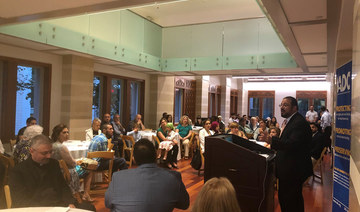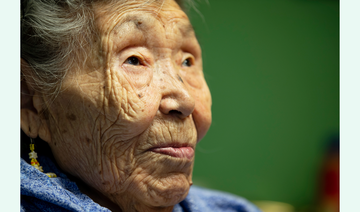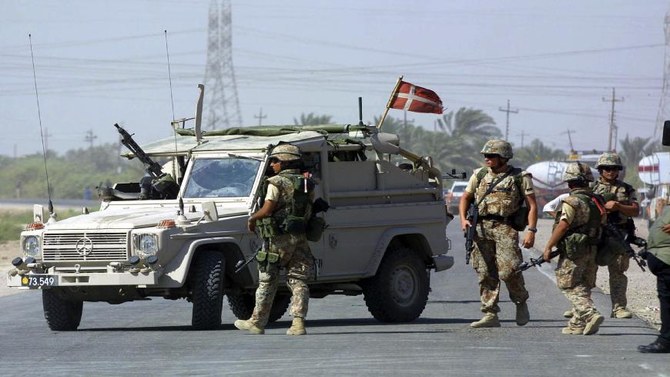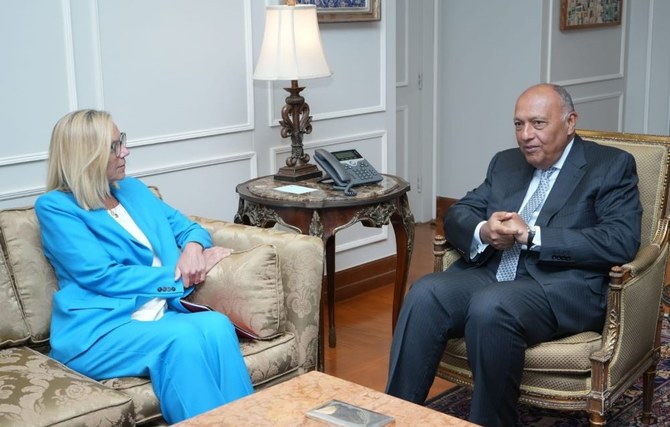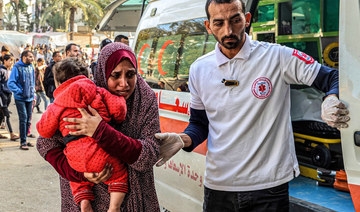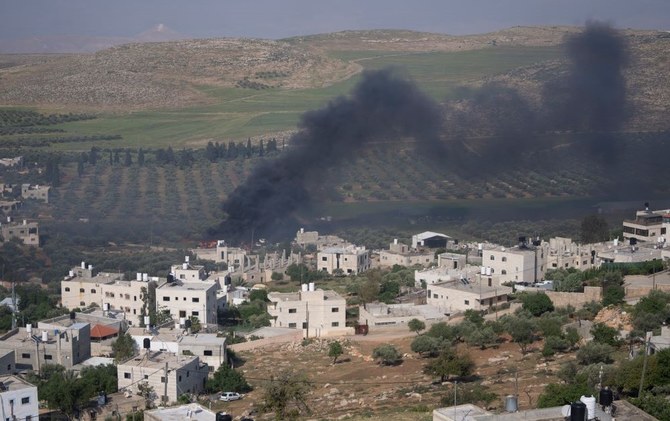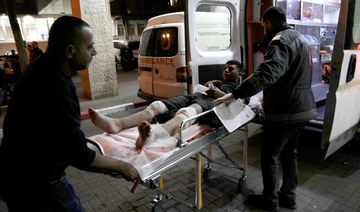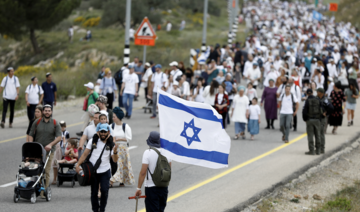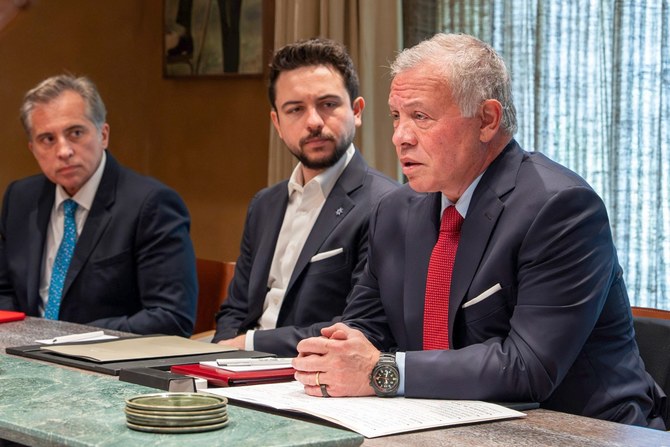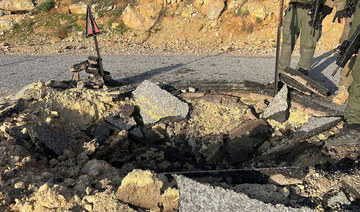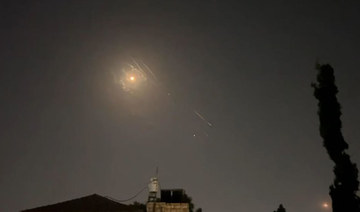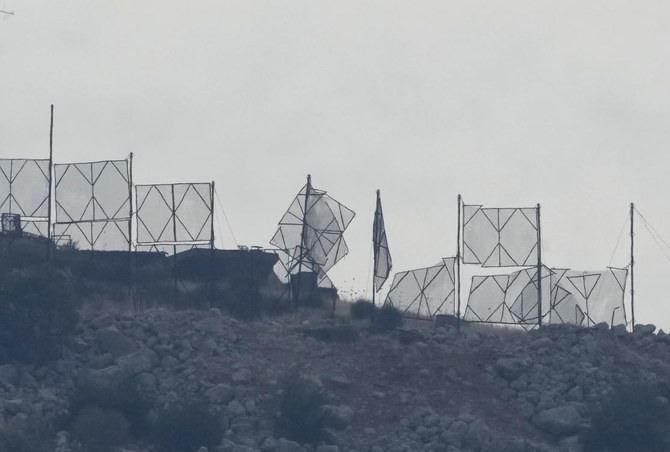CHICAGO: Nearly half of Arab communities in the US are lagging in responding to the 2020 Census, a trend that could jeopardize their share of a $675 billion annual funding resource, according to US Census Bureau officials.
Michael Cook, the chief public spokesman for US Census 2020, said he is optimistic that the situation will change. Efforts are being made to connect with members of all communities —including, and especially, Arab Americans and others whose origins can be traced to the Middle East and North Africa (MENA) — and encourage them to complete the questionnaires.
Attempts in the past four decades by Arab Americans to have “Arab” or “MENA” included as an option for race on census forms, to encourage greater participation, have failed. As a result, Arabs continue to fall under the “white” category. Cook said the consequences of failure to fill out the form include a potential loss of funding and lack of recognition.
The overall response rate so far across the US is 62 percent, meaning that 38 percent of the population has yet to complete the census. The rate among Arab Americans in many regions is good, but it has been poor in others.
“If you look at all of the areas of the country in which people of the MENA community are prevalent, that response rate is actually north of the national response rate, in the 70th percentile,” said Cook.
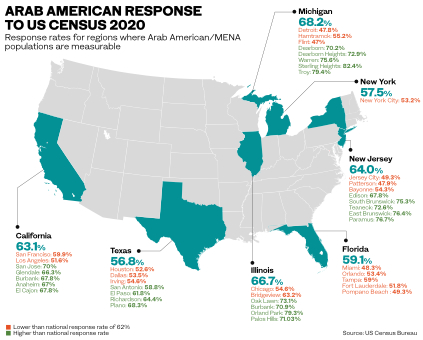
“We are excited about that response but we know that, as good stewards of taxpayer dollars, we want to give everybody the word and encouragement to continue to respond.”
Places where the census response rate among Arab American and MENA populations are below the national average include major cities such as New York, San Francisco and Los Angeles.
A push is also needed in locations such as Hamtramck and Flint in Michigan; Jersey City, Patterson and Bayonne in New Jersey; Houston, Dallas and Irving in Texas; and almost every major city in Florida, including Orlando, Miami, Tampa, Fort Lauderdale and Pompano Beach. However, the response in others places, such as Chicago, has been more encouraging.
“When you look at the MENA community, we know which suburbs of major markets have tended to house (Arab/MENA) communities in the past,” Cook said. “This impacts political representation. It impacts the federal funding — $675 billion every year — going down to the local level for much-needed social services.”
He added that the Census Bureau is continuing its outreach efforts in Arab American and MENA communities. It is hiring people from those communities to conduct follow-up activities to encourage people to complete the forms. It is also partnering with key Arab American organizations to ensure the message reaches as many people as possible.
Imad Hamad, director of the American Human Rights Council in Dearborn, Michigan, is one of those “official partners” working closely with the 2020 Census campaign. He said Arab Americans have a history of concerns about being excluded from census designations.
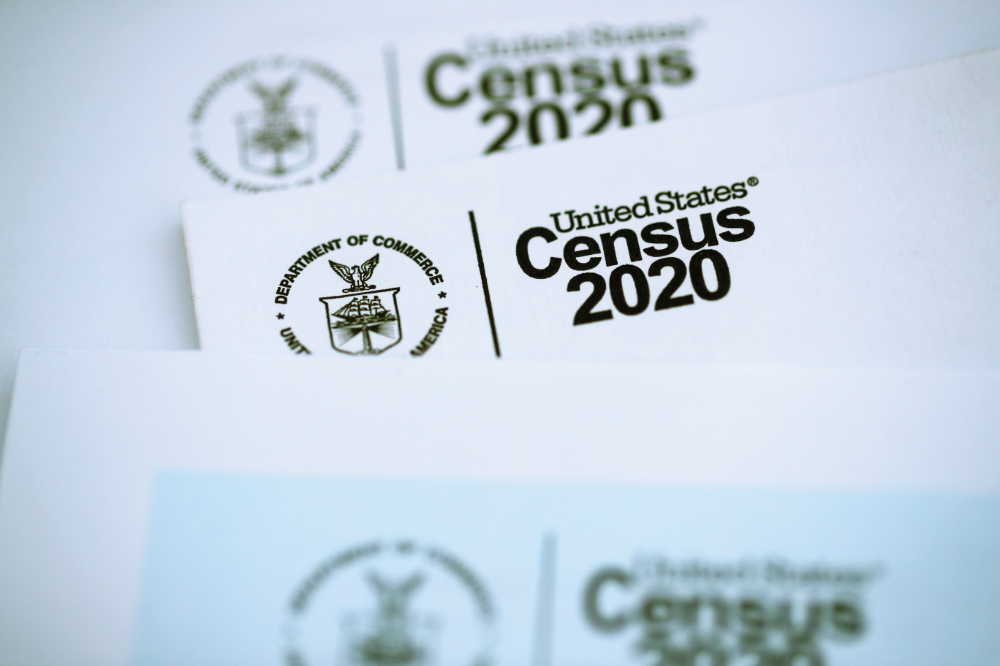
The US Census logo appears on census materials received in the mail with an invitation to fill out census information online (Getty Images)
While many ethnic and national groups are identified in the 2020 Census, encouraging their participation, efforts to have “Arab” or “MENA” include as official categories have been persistently rebuffed. There are other concerns, too, as a consequence of which, Hamad said, the Census Bureau has connected with some Arab groups but not the wider community.
“The census has not been comprehensive and fully inclusive regarding the allocation of funds and resources,” he said. “Most funds were provided to a select few, neglecting the grass-root organizations that matter and which have the influence to compel people to participate. It smacked of a selective approach determined by political connections and power.”
Even within the Arab American community there is some disagreement about whether “Arab” should be included as an option on the census.
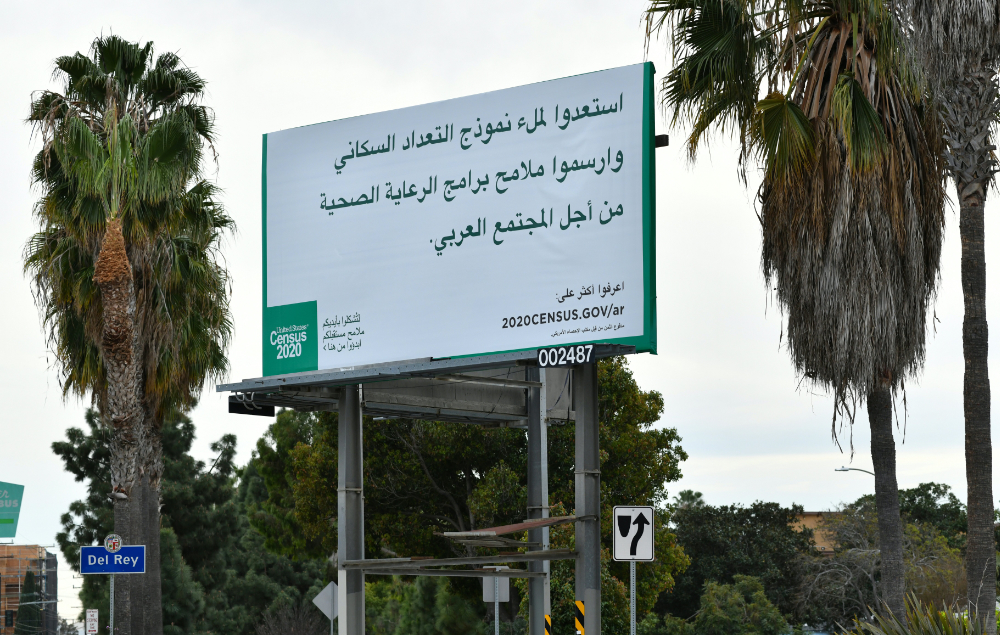
A poster advertising the 2020 Census in Arabic is seen in Los Angeles on February 27, 2020. (Photo by Chris Delmas / AFP)
“Some Arab Americans resist the designation ‘Arab’ as a separate category from ‘white’ on the US census form because they don’t consider themselves a minority,” said Hamad.
“However, Arab Americans are de jure, but not de facto, members of the white majority. They are in limbo — legally considered a part of the white majority, but de facto seen as being in the category ‘other.’”
He also pointed out that Arab Americans can select the “other” category on the census form and write in “Arab” to describe themselves if they want.
“Arab Americans are not perceived by the broad American society as white,” Hamad said. “But since they are legally white, Arab Americans don’t benefit from the classification of minority status, with all the legal and political ramifications that classification entails.”
Despite these ongoing concerns he said that on the whole, Arab Americans have responded well to the census to ensure they are seen, funded and empowered.
“What really matters to the vast majority of Arab Americans is to be counted,” Hamad added.
Hassan Nijem, president of the American Arab Chamber of Commerce in Chicago, works closely with the Census Bureau and the Arab Americans it hires to engage with Arab and Muslim Americans.

Workers of the organization Make the Road New York attend a Census training meeting in Queens on March 13, 2020 in New York City. (Photo by Kena Betancur / AFP)
“There have been some issues,” he said. “Funds have been given mainly to non-Arab organizations and then sub-contracted to only a few Arab American organizations.
“But we have to be active, involved and loud to make sure the Census Bureau hears our voices. The money that can go to the Arab American community is significant, and the political empowerment is critical to ensuring that we have a voice in this country.”
When Illinois Governor J. B. Pritzker provided $20 million to promote the census, little of the money reached Arab American organizations, said Nijem. African American and Hispanic groups were the main beneficiaries of the funds, from which a few thousand dollars were allocated to census-awareness campaigns in the Arab and MENA community, he added.
“We can’t wait for the government to see us,” said Nijem. “We have to be loud and make them see us and include us. More money needs to be spent on the census in the Arab and MENA community. It’s not just good for us, it is good for America.”
The encouraging response to the census by Arab Americans in Chicago might be attributable to a long history of efforts to promote inclusion in a particularly diverse city.
As far back as the 1980s, Anna Mustapha, the only Arab American to have served as a member of the Chicago Board of Education, was recruited by the Census Bureau to promote participation by the Arab and MENA communities.
Ellisa Johnson, the deputy regional director of the Chicago Regional Census Bureau, said the 2020 Census recognizes that Chicagoland has a diverse population that speaks about 124 languages. The bureau has hired census workers who speak 24 of them, including Arabic.
“We have one of the most diverse cities in the country and it is important that Arab Americans are included in everything we do,” she added.
“We want everyone to feel included in the 2020 Census. It is vitally important for the MENA community to make sure everyone is counted, to ensure we have fair congressional representation.”
Census 2020 spokesman Cook said much is at risk in communities that do not complete the census form. Census authorities will attempt to fill any gaps created by lack of responses, but their efforts might yield data that is much less accurate than information provided by those who live in the communities.
“If you don’t do it yourself … there are processes and procedures in place where we use proxies to get additional information, look at administrative records and try to fill in those gaps,” Cook said.
However, every person completing their own form, he added, “is the best response and the most accurate information, which can be reflected in political representation as well as federal funding.”
*******
Twitter: @rayhanania






